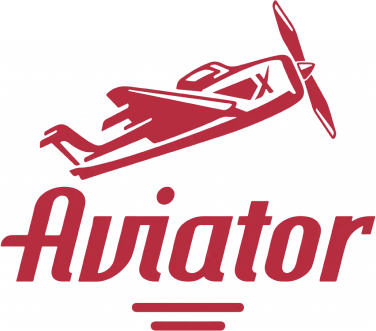
Aviator Rules Malawi
The aviation industry in Malawi is regulated by a comprehensive set of rules designed to maintain safety, efficiency, and international compliance. These regulations govern various aspects of air travel, including the management of airlines, operation of airports, and the oversight of pilot conduct. By enforcing these rules, Malawi ensures smooth functioning within its aviation sector while fostering confidence among passengers and stakeholders. This article delves into the specific regulations that shape the industry, providing a clear understanding of their purpose and implementation.
As a landlocked country in southeastern Africa, Malawi relies heavily on aviation for connectivity and economic growth. The country’s airspace management and adherence to international aviation standards play a pivotal role in its development. Whether you’re a frequent traveler, a member of the aviation community, or simply curious about how air transport operates in Malawi, these rules are key to understanding the framework that keeps the skies safe and accessible.
Overview of Aviation Regulations in Malawi
Aviation regulations in Malawi are developed and enforced by the Department of Civil Aviation (DCA). This governing body ensures compliance with both national policies and international guidelines set by the International Civil Aviation Organization (ICAO). The rules encompass aspects such as pilot licensing, aircraft maintenance, air traffic control, and passenger safety measures.
In recent years, Malawi has strengthened its aviation policies to align with global standards. This includes adopting measures to enhance airport security, implementing advanced air traffic management systems, and ensuring that airlines meet strict safety benchmarks. These initiatives aim to position Malawi as a reliable hub for air travel in Africa.
- Pilot Licensing: Every pilot operating in Malawi must hold a valid license issued or recognized by the DCA.
- Aircraft Registration: All aircraft used within Malawi must be registered under the country’s aviation registry.
- Maintenance Standards: Aircraft maintenance must adhere to strict schedules and international best practices.
- Air Traffic Control: Operators are required to follow prescribed flight paths and communication protocols.
- Passenger Rights: Airlines must provide clear guidelines on compensation and assistance in cases of delays or cancellations.
These regulations reflect Malawi’s commitment to maintaining a high standard of aviation safety and efficiency. Adherence to these rules is essential for both local and international operators, ensuring mutual trust and cooperation in the air transport sector.
| Category | Regulation | Enforcing Body |
|---|---|---|
| Pilot Licensing | Strict qualifications and recurrent training | Department of Civil Aviation |
| Aircraft Maintenance | Scheduled inspections and compliance | Department of Civil Aviation |
| Passenger Rights | Clear policies on compensation | Airline Operators |
| Air Traffic Management | Advanced tracking systems | Air Traffic Control Units |
| Airport Security | Regular audits and enhancements | Airport Authorities |
Ongoing revisions and updates to these rules ensure they remain relevant to the changing dynamics of the aviation industry. By focusing on compliance and innovation, Malawi is paving the way for a robust and sustainable air transport system.
Impact of Aviator Rules on Passengers
For passengers, the regulations bring an added layer of security and convenience. From ticketing to boarding and in-flight protocols, every aspect of the journey is designed with safety and comfort in mind. Airlines operating in Malawi are mandated to provide transparent pricing, clear communication, and efficient customer service.
The introduction of stricter passenger rights policies has been a significant milestone. These rules safeguard travelers in cases of disruptions while also addressing concerns related to baggage handling and accessibility for individuals with disabilities.
- Transparent Pricing: Airlines must display all charges, including taxes and fees, at the time of booking.
- Compensation for Delays: Passengers are entitled to refunds or rebooking options during extended delays.
- Baggage Policies: Clear guidelines on allowable items and weight limits are enforced.
- Special Assistance: Provisions are in place for passengers with mobility challenges or special needs.
- Customer Support: Airlines must maintain accessible helplines for resolving travel issues.
These initiatives aim to enhance the overall passenger experience, ensuring that every journey is as seamless as possible. They also encourage accountability among airlines, fostering trust and reliability in Malawi’s aviation sector.